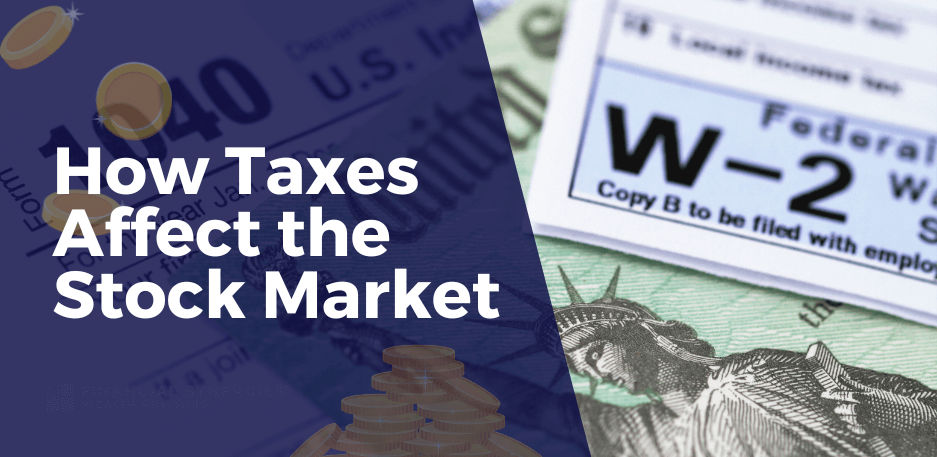- September 11, 2017
- Marie Villard

The latest cybersecurity attack of Equifax is probably one of the biggest hacks in the history of the internet. Unfortunately, things like this will continue to happen as more and more of our data is out there on the web, but there are things that we can do to protect ourselves. Rest assured that here at Financial Synergies we have monitoring in place on your accounts 24/7, and if we see unusual behavior or something out of the ordinary we will call you immediately.
If you’re concerned about accounts outside of our management, there are ways you can find out if your data has been breached. You can go to the Equifax website, and plug in your Social Security Number to see if you’re one of the 143 million impacted: www.equifaxsecurity2017.com. You can also pull your credit report, which is free annually under federal law, and you can see if any new lines of credit or credit inquires have been made using your information: https://www.annualcreditreport.com/index.action
If you believed you have been breached, there are some tips you can follow to safeguard your information:
1) Credit Monitoring. If you think you’ve been breached, you could choose sign up for a credit monitoring solution such as Identity Guard (which I personally use), or Life Lock for at least a year. Equifax is also giving free enrollment to a similar product for a year to help credit monitoring for those who may be impacted (reports have said that their product requires you to agree to an arbitration clause and class-action waiver, but these do not waive your rights in the data breach incident – it is for the credit monitoring product only.)
2) Credit Freeze. If you decide to freeze your credit, make sure you sign up for monitoring first because you will not be able to once you put a freeze on your credit. You can request the freeze by calling the credit reporting agencies directly (links: Experian, TransUnion, Equifax, and Innovis), and there may be a small fee for each freeze. This will prevent anyone from applying for credit in your name.
3) Monitor Debit and Credit Cards. Banks will often notify you of suspicious activity, but small amounts may fly under the radar. A lot of banks and credit card companies can help you turn on notifications to your email or phone depending on dollar amount, spending behavior, frequency, and location of use of your cards.
4) Usernames and Passwords. From what I understand, no username or password data was part of the Equifax breach, but it is always a good idea to keep your passwords “long and strong”. If any of your usernames include your Social Security Number, date of birth, or driver’s license change them immediately to either your email address or first initial last name (like mvillard). If you use your SSN as your Schwab username, Schwab Alliance can assist with changing the username to an email address or other name (call them at 800.515.2157). Your passwords should be sophisticated and unique, and should be more of a passphrase with a combination of letters, numbers, and special characters.
If you have any questions or other concerns about cybersecurity or this data breach, feel free to call me 713.623.6600 or email me mvillard@finsyn.com.




